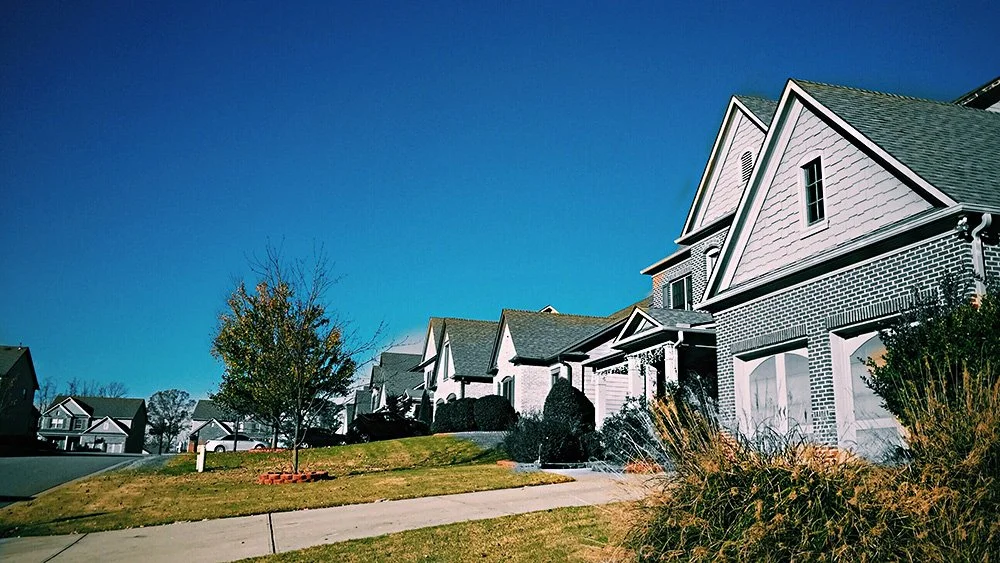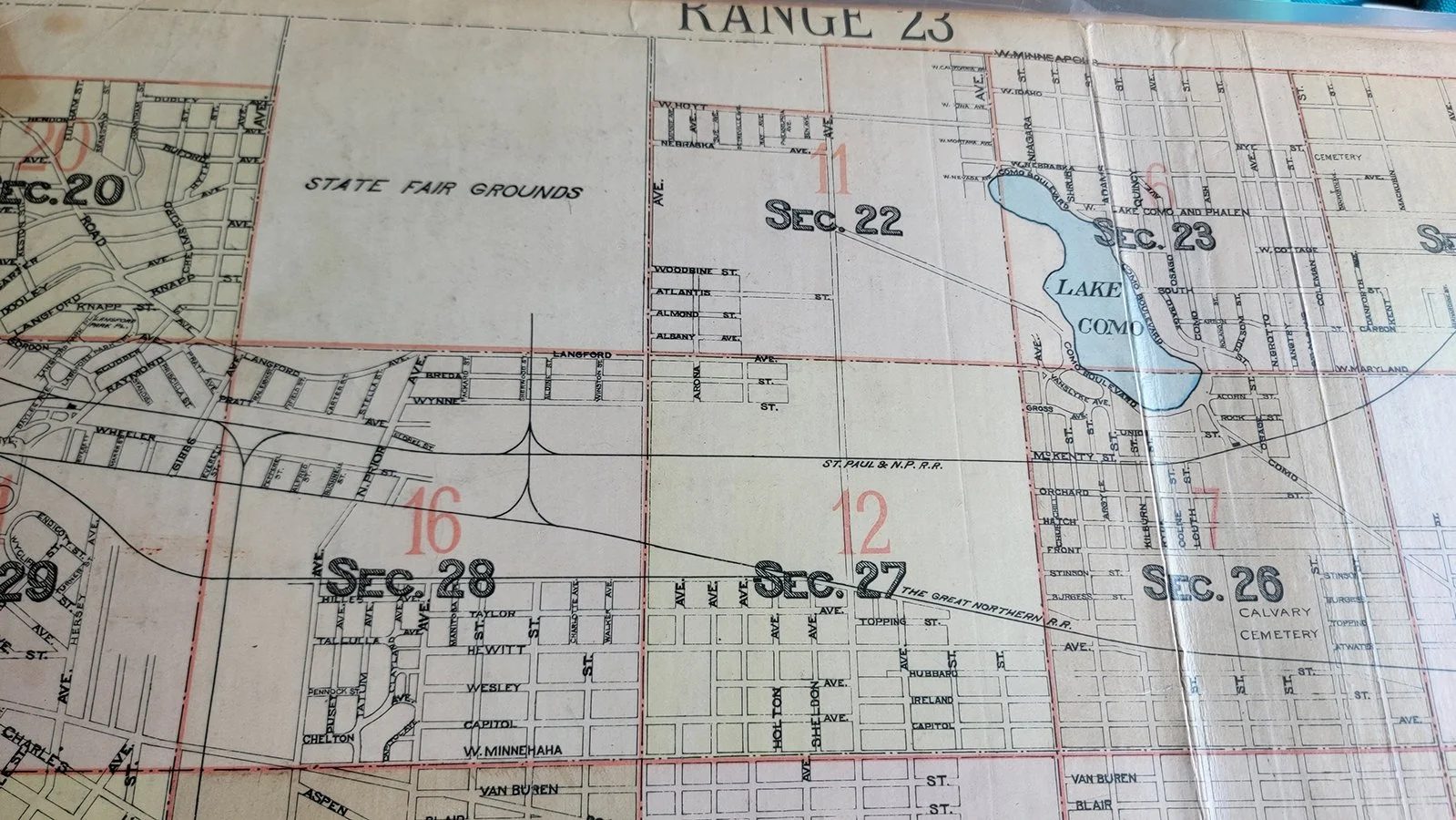Local officials often feel trapped, having to juggle large financial obligations with residents that resist tax increases. But delaying these tough decisions only makes them more painful and politically difficult. Bentonville, Arkansas, is experiencing that firsthand.
Read MoreWhen cities fall into the Growth Ponzi Scheme, they prioritize rapid, short-term growth that strains city resources and reduces long-term prosperity. Residents of Bentonville, Arkansas, are feeling those effects firsthand.
Read MoreWhen a development project dares to break the Suburban Experiment mold, it faces intense scrutiny from both opponents and advocates. Ironically, these are the very projects we should be studying — and even celebrating. Culdesac Tempe, a car-free community in Arizona, is one such project.
Read MoreCo-hosts Abby Newsham and Chuck Marohn discuss the challenges faced by Victoria, Prince Edward Island, a town of 139 residents. They talk about how very small towns like Victoria show the absurdities of the Suburban Experiment best — and feel its consequences most keenly. (Transcript included.)
Read MoreFor decades, we've been living under an unspoken grand bargain when it comes to housing. Most people don’t think about explicitly, but it shapes nearly every conversation we have about growth, change and affordability in our cities and towns. It’s time to change the conversation.
Read MoreIn this episode of Upzoned, co-hosts Abby Newsham and Chuck Marohn talk about satellite communities and the psychological phenomena that incline people toward large projects.
Read MoreThe Suburban Experiment has an 80-year head start on us, but there’s an increasing number of people who recognize the many things they can do to correct it. Join this growing cohort of change-makers by becoming a member today.
Read MoreAt the Table is a podcast that discusses how community-based ministries can contribute to the common good, and they recently invited Strong Towns President Charles Marohn to appear on an episode. Up for discussion: the Suburban Experiment and the role of religious institutions in community development.
Read MoreIn Florida, flooding from Hurricane Debby exposes how the suburban pattern of development can worsen natural disasters and make it more difficult for residents to evacuate.
Read MoreIn this episode of the Strong Towns Podcast, Chuck responds to a recent Substack column that criticized the Strong Towns stance on the Suburban Experiment and infrastructure spending.
Read MoreRates of loneliness and unhappiness are on the rise in the United States, but our European counterparts don’t seem to have the same problem. Why? Part of the reason is the way our built environment isolates us.
Read MoreSarasota County, Florida, is planning to use hundreds of millions of dollars to subsidize housing. But this money isn’t going toward low-income housing — it’s going toward road construction for gated communities.
Read MoreBenjamin Herold, author of Disillusioned: Five Families and the Unraveling of America’s Suburbs, joins host Chuck Marohn on this week’s episode of the Strong Towns Podcast.
Read MoreThe unique planning and eclectic architecture of Savannah, GA, provide a PhD education on urban design—but there are also cautionary tales about development to be gleaned from this historic city.
Read MoreLet’s save our capacity to adapt for better design choices.
Read MoreA quirk of Houstonian zoning has enabled some residents to start thickening up their neighborhoods, albeit through technically illegal means.
Read MoreResidents of Douglas Park in Vancouver have blocked the expansion of a local day care, citing it as a threat to the residential character of the neighborhood.
Read MoreOn this episode of the Strong Towns Podcast, author Tristan Cleveland goes in depth about why cities struggle to retrofit their car dependence, and what could actually be done to create change.
Read MoreIn today’s cities, governments sink millions of dollars into public investments before securing any taxable private wealth to fund said investments. This is a financial risk we can’t afford to continue taking on.
Read MoreThis series of studies of 19th-century development in St. Paul, MN, can help us understand some of the earliest traces of what would later become the suburban development pattern.
Read More



















